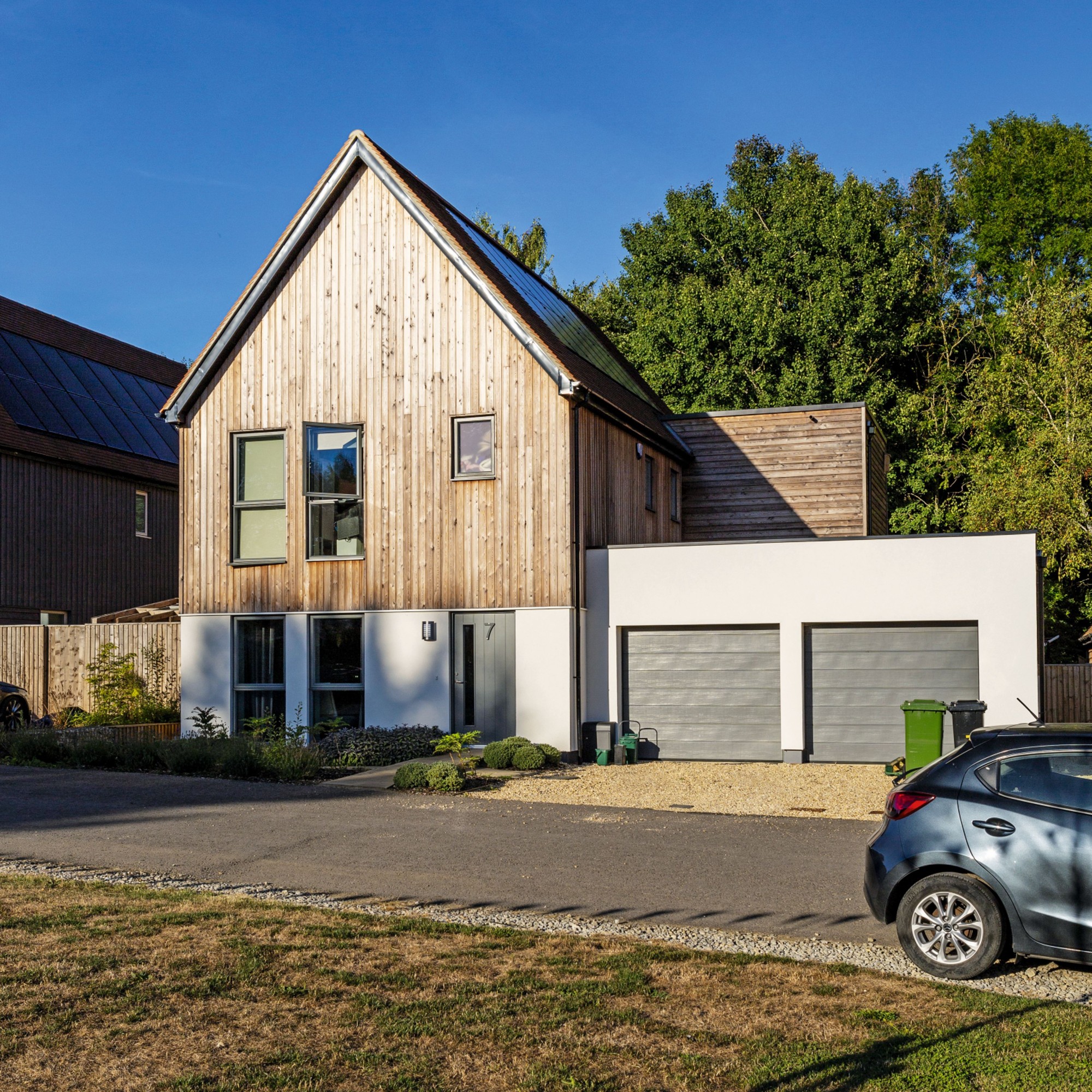
For first-time buyers trying to get on the property ladder, a 40-year mortgage term may seem like the best option to keep monthly repayments as low as possible.
But is it a good idea? The decision to extend a mortgage more than a decade beyond the traditional 25-year-term is one of necessity rather than choice.
The average house price stands at around £260,000, according to Nationwide, up from almost £170,000 ten years ago, a rise of 53%. To afford such a huge uplift in price, borrowers in England can expect to spend 8.3 times their full-time annual earnings, figures from the Office for National Statistics show.
Coupled with the volatility of mortgage rates since October 2022 and more recent rises, it’s no wonder that first-time buyers taking a mortgage with a term of 35 years or more rose from 8% to 18% between February 2022 and 2023.

Are 40-year mortgages a good idea?
Whether or not a 40-year mortgage is a good idea depends on your individual financial circumstances.
Adrian Anderson, director of mortgage broker Anderson Harris said: ‘Everyone is seeing a rise in the cost of their outgoings across all areas of their lives and interest rates have increased. Those who are looking to buy are trying to reduce their monthly costs as much as possible. One way to do that is by having the maximum possible mortgage term.’
For some buyers, a 40-year mortgage may be their only ticket to homeownership. Stretching the mortgage term lowers the monthly payment and makes it easier to pass the lender’s affordability test.

Who is a 40-year mortgage suitable for?
Young borrowers in their late twenties or early to mid-thirties are best suited to a 40-year mortgage because they are more likely to be employed throughout the life of the mortgage.
David Hollingworth of broker L&C Mortgages said: 'Not everyone’s eligible. There’s a natural cap and that’s down to banks’ lending criteria. A lender looks at the borrower’s affordability not just now, but throughout the life of the mortgage. If the mortgage term takes you past retirement, the bank needs to know how you’ll pay the loan when you’re not working. The lender also has a maximum age restriction at the end of the mortgage term, beyond which it won’t lend.'
The good news for first-time buyers is that almost 90% of lenders have a maximum age of 71 or more and 65% of all mortgage deals have a 40-year term according to Moneyfacts.
Here's a snapshot of lenders’ maximum ages and terms (if your retirement income meets their affordability rules):
Reasons to get a 40-year mortgage
There’s only one benefit to a 40-year mortgage and that’s lower monthly payments.
David Hollingworth says: “Buyers taking on homeownership for the first time may want some breathing space in their budget. First-time buyers are likely to be stretching themselves in the first place, a 40-year mortgage term can help to make things more affordable in those early years.”
Borrowers with a £150,000 mortgage on a rate of 4.5% will pay monthly:
- £833.75 over 25 years
- £760.03 over 30 years
- £709.89 over 35 years
- £674.34 over 40 years
Source: L&C Mortgages
By stretching the term from 25 years to 40 years you can lower your monthly payment by almost £160 a month.

Drawbacks of a 40-year mortgage
The longer you take to repay your mortgage, the more interest you’ll pay back. Using the example above, by stretching your term from 25 years to 40 years you will pay back £73,558 more in interest over the life of the mortgage.
David Hollingworth adds: 'Stretching the term comes at a cost because you’re eroding the debt more slowly and paying interest for a lot longer. When borrowers are ready to remortgage in the future, they should review the term and trim it back as much as possible.'

What are the alternatives?
One alternative is to choose a lower term. You don’t have to jump from 30 to 40 years if a term of 34 years is sufficient.
Or, take a 40-year term and contact your lender after your mortgage has completed to up your direct debit to a level that helps you to pay back the loan sooner. If that becomes a struggle, drop it back to your contractual monthly payment.
Taking a mortgage on an interest-only basis is another way to lower your monthly payments. But this option is reserved for those with a deposit of at least 25% of the purchase price, the maximum term is restricted to 25 years and the maximum age is also lower. Borrowers must have a plan in place to repay the mortgage at the end of term.
Check out our guide if you're looking for the best first-time buyer mortgage deals.







